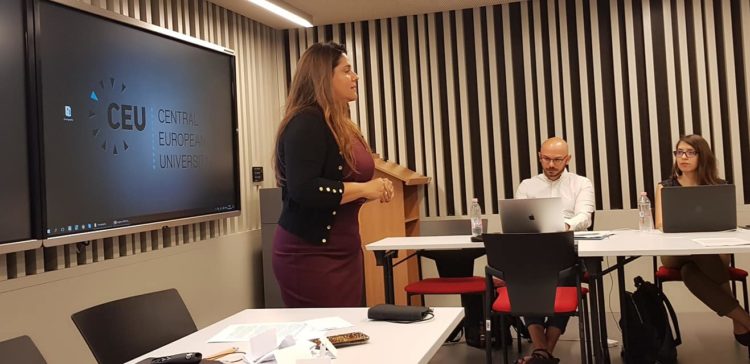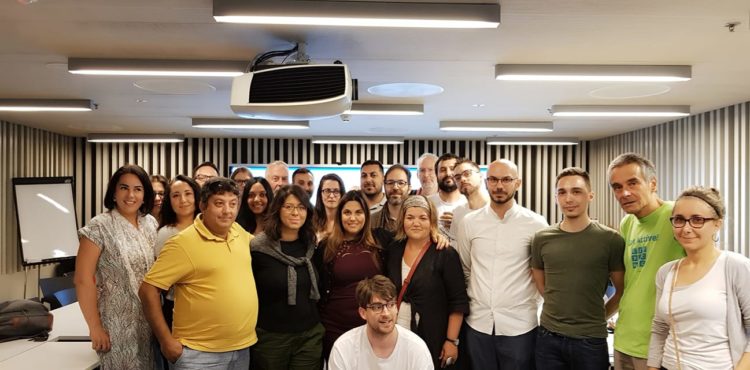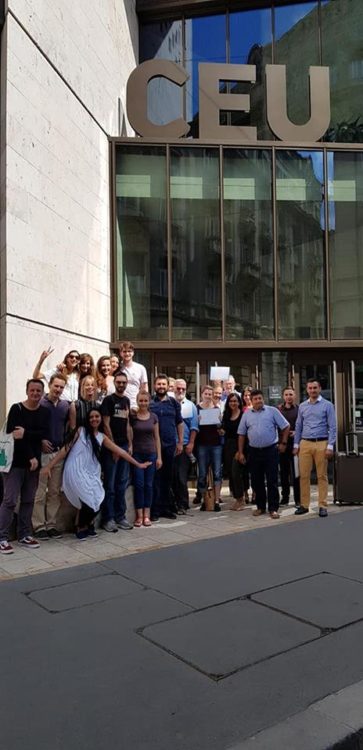905
The Central European University (CEU) hosted a Summer School, entitled “Romani Identities and Antigyspyism” between 2-13 July 2018.
The summer course is part of the Roma in European Society Initiative funded by the Velux Foundations, Open Society Foundations Roma Initiatives Office, and the Roma Education Fund, in cooperation with the Council of Europe.
This year, the Summer School focused on the nexus between Romani identities and antigypsyism. Antigypsyism is a core concept of Critical Romani Studies and can be used methodologically, analytically, and theoretically as a way of understanding the position of Roma in Europe historically and in the present moment. A growing body of scholarship grounds our understanding of antigypsyism in the Europeanization of the Roma issue and neoliberal regime expansion following the fall of communism. Other scholars originate antigypsyism in the nation-state building process. Some scholars define antigypsyism as an ideology and as a code of conduct that has been central to European culture. The aim of this CEU Summer School was to link participating students and scholars with a transnational network of scholars in order to investigate the forms of oppression faced by Roma and to analyze the mechanisms through which exclusion of Roma takes place in different fields of public life.
The European Roma Institute for Arts and Culture (ERIAC) contributed to the Summer School. Timea Junghaus, ERIAC’s Executive Director, was one of the faculty members, giving lectures on the topic of “The Epistemic, Political, and Institutional Development of Roma Art.”



Photos: Kristina Raducan